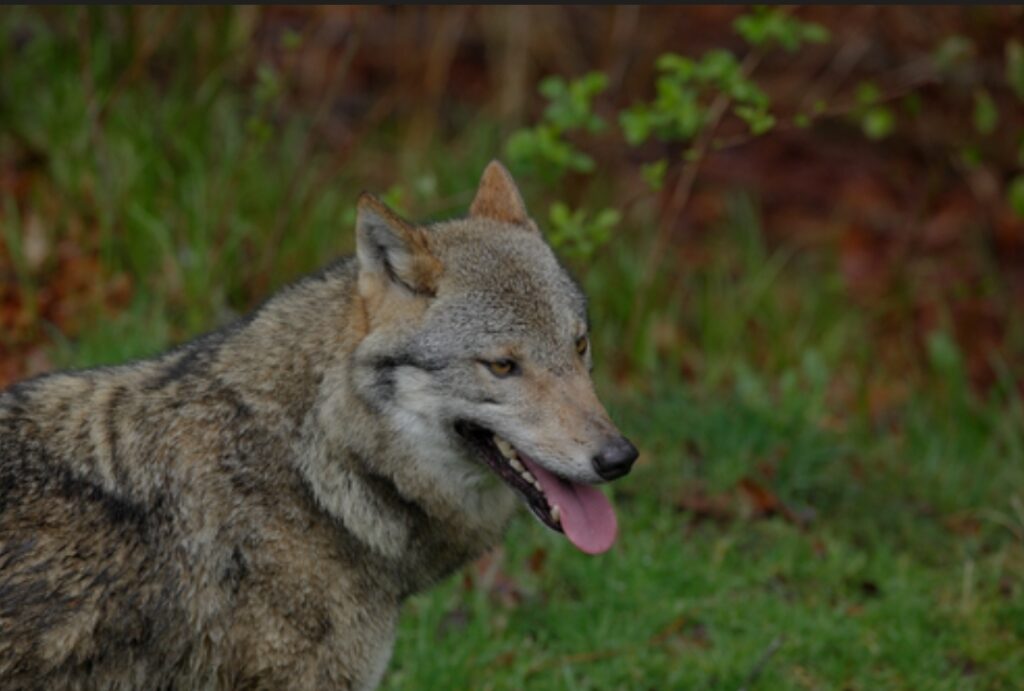
UTRECHT, Netherlands – Utrecht provincial authorities will press ahead with their efforts to get permission to shoot a wolf thought to be implicated in two incidents involving children, despite experts now arguing against the plan.
Utrecht had based its decision on the recommendation of animal protection organisation Zoogdierenvereniging. It had previously said the wolf that had pushed a three-year-old girl to the ground in the Utrechtse Heuvelrug area on Wednesday and showed “ worryingly atypical behaviour”.
However, talks with the girl’s father have since revealed that the animal did not attack the girl but had gone for a dog that was also present, the organisation’s wolf expert Dick Klees said.
“That puts a different and less serious slant on the story, and that means our recommendation to shoot the wolf has been adjusted too,” Klees told broadcaster NOS.
Klees did stand by the warning given out by the Utrecht authorities not to go into the woods with small children.
A DNA test will have to show if the wolf is the same animal that nipped a girl at the nearby Den Treek estate and attacked a small dog there, or a different animal entirely. The estate has been closed to the public until at least August 15.
The area is known to be home to a wolf pair bringing up cubs.
Utrecht province said the incidents are serious enough to warrant a licence to kill potentially dangerous wolves. Officials said this doesn’t mean this wolf will be shot, but that the authorities have it in place if needed.
Nico Koffeman, chairman of animal protection organisation Faunabescherming said it is “completely unthinkable” that the request for a licence will be granted. That is only possible if the wolf is very aggressive towards people, he said. “Here we are only talking about a few bumps and scratches,” broadcaster NOS quoted him as saying.
Koffeman pointed to a recent decision by the European court prohibiting culls in Spain and Austria to strengthen the protected status of the animal in Europe.
According to Klees the best way of monitoring the wolf thought to be implicated in the incidents is to put a tracker on it. That means catching and sedating it which also requires a licence, he said.
One in three Dutch people believes that wolves do not belong in the Netherlands. Drenthe and Flevoland residents, in particular, are against the presence of wolves. Kieskompas and the ANP concluded this based on a survey in which almost 15,000 Dutch people participated.
The number of Dutch people who believe the wolf does not belong in the Netherlands is just as high as last year. The share of wolf supporters has fallen from 41 percent to 36 percent in the last year. The rest have no opinion or do not know.
There has been a long-standing debate about the presence of wolves in the Netherlands.
Read original article on DutchNews
KOIKI Media bringing the world 
